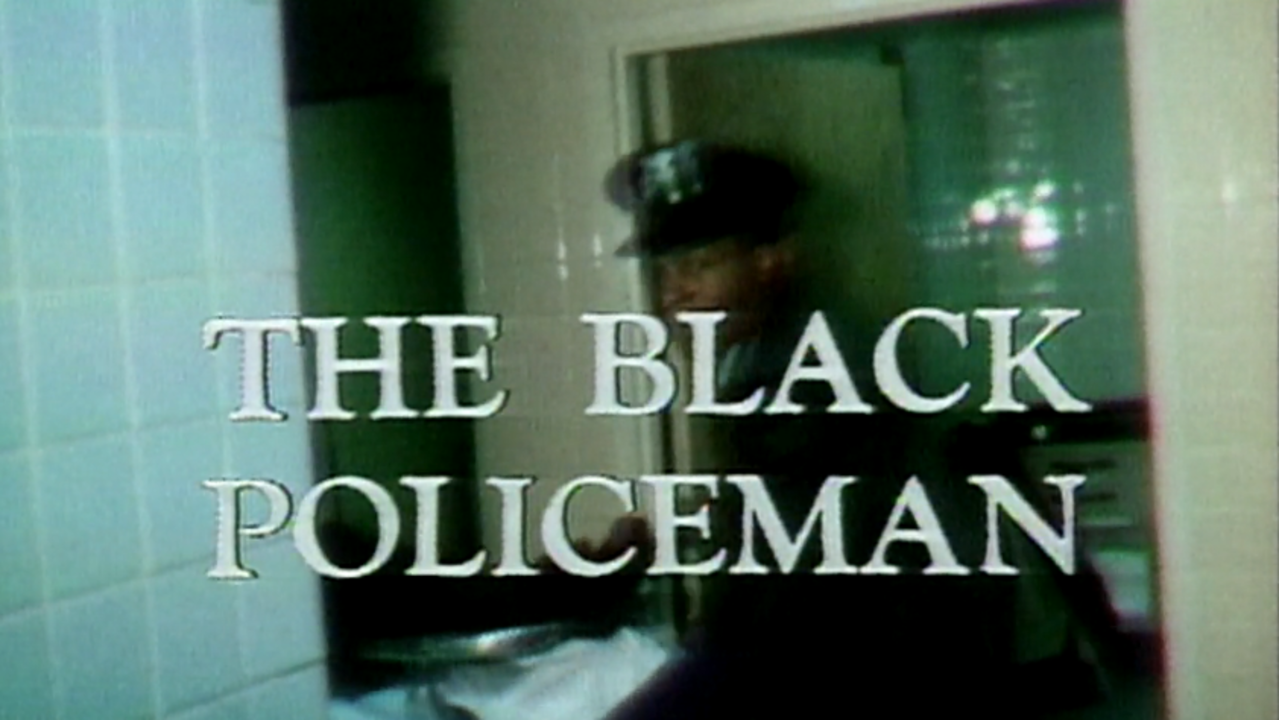This 1970 documentary from the Local 4 Vault looks at the racial makeup of the Detroit Police Department just several years after the riots, as crime plagued the city.
The population of Detroit was 1.6 million. About 40 percent of the population was African-American. The police department’s ratio of white and black officers didn’t match the city’s proportion.
In 1970 there was a major effort to recruit more black police officers to the department. This documentary titled “The Black Policeman,” written and narrated by Robert Bennett, explores the issues African-American police officers faced in the Motor City.
Watch the 30-minute special above.
Here's what's covered in the special:
Officers speak about progress
Inspector Frank Blount, a 20-year veteran of the Detroit police force, was named to head the 13th Precinct a few months before the documentary aired, the same precinct where he was born and raised. He was regarded as a tough cop and had several citations.
He and Sgt. Robert Peterson were asked what it was like for a black cop back in the 1950s.
“He was the man on the outside, I’d say,” Blount said. “There were very few of us. Being very few, of course, you know you recognize the fact you were on the outside you’d strive to get on the inside.”
“You can’t change everything in one day,” Peterson said. “It’s been a long, hard process and these are things we are trying to overcome in the police department and I’m sure it’s going to work out.”
Out on patrol
Patrolmen Percy Hooper and Calvin Strickland took Local 4 photographers out on patrol. Both grew up in the area and were veterans of the Vietnam War.
“You know more about what your people want,” Hooper said. “The majority of the area that we are working in is predominately black.”
Hooper explained the difficulty of reaching the youth in the city. Many, he said, don’t believe it’s possible to leave the ghetto.
“You can understand why they don’t trust the police,” Hooper said. “You try and explain to them that we’re trying to make it better. It’s going to be better.”
Plain clothes officers with the 10th Precinct would walk through the same apartment building every night. The building had 40 units and every one of them had been burglarized in a matter of weeks.
Black Panthers create issues for DPD
Radical groups, such as the Black Panthers, caused many problems for the police, according to this special. Black officers were regularly used for surveillance teams to monitor the activity of such groups.
Detroit police Officer Glenn Smith, a black man, was shot and killed by a sniper at a home used by the Black Panthers. After a standoff, the occupants of the home surrendered. Smith had been a Detroit officer for two years.
“There is a need for the kind of dialogue that they go through. The violent rhetoric is something I don’t agree with. I can agree with one or two of the points of their ten point program,” Blount said. “I felt very angry the night Glenn Smith was killed and I’m angry right now.”
Blount later became the executive deputy chief.
Department then and now
There were over 500 homicides in the city of Detroit in 1970. Two black officers were killed that year.
“The black officer may be the answer to the problem of community relations and the problem of bridging the credibility gap in the black community,” Police Commissioner John Nichols said.
The racial makeup didn't properly reflect the city of Detroit in 1970.
Local 4 reached out to DPD for the department's most current racial makeup. We are awaiting a response.
MORE FROM THE VAULT:
